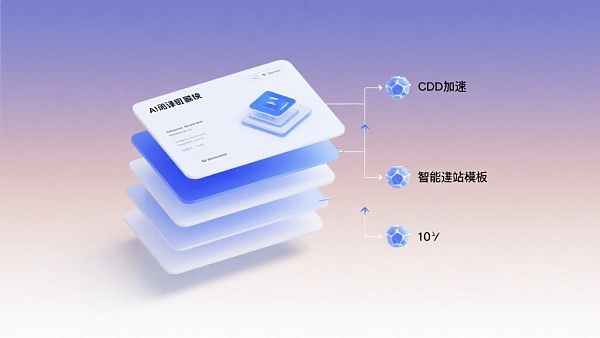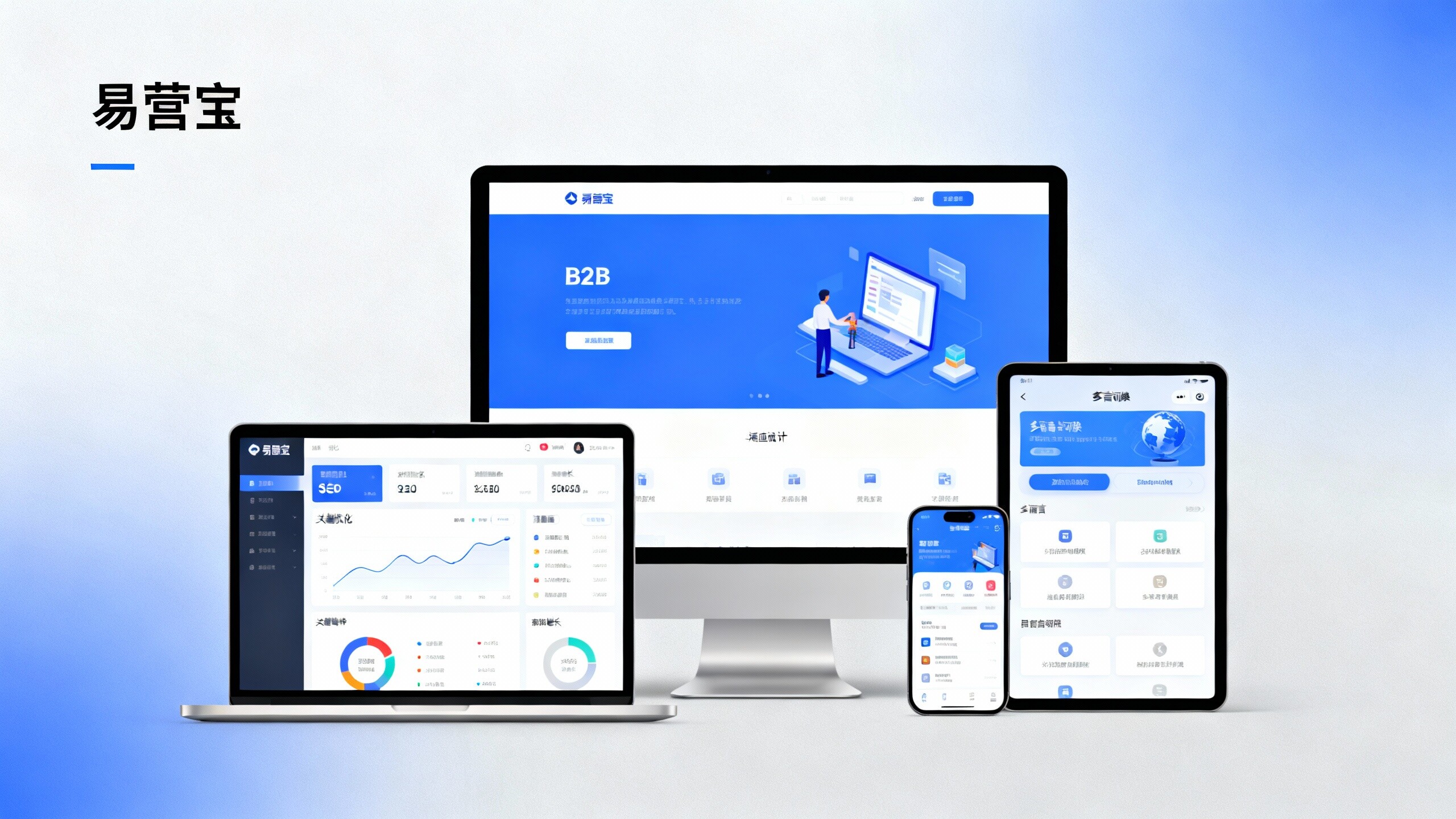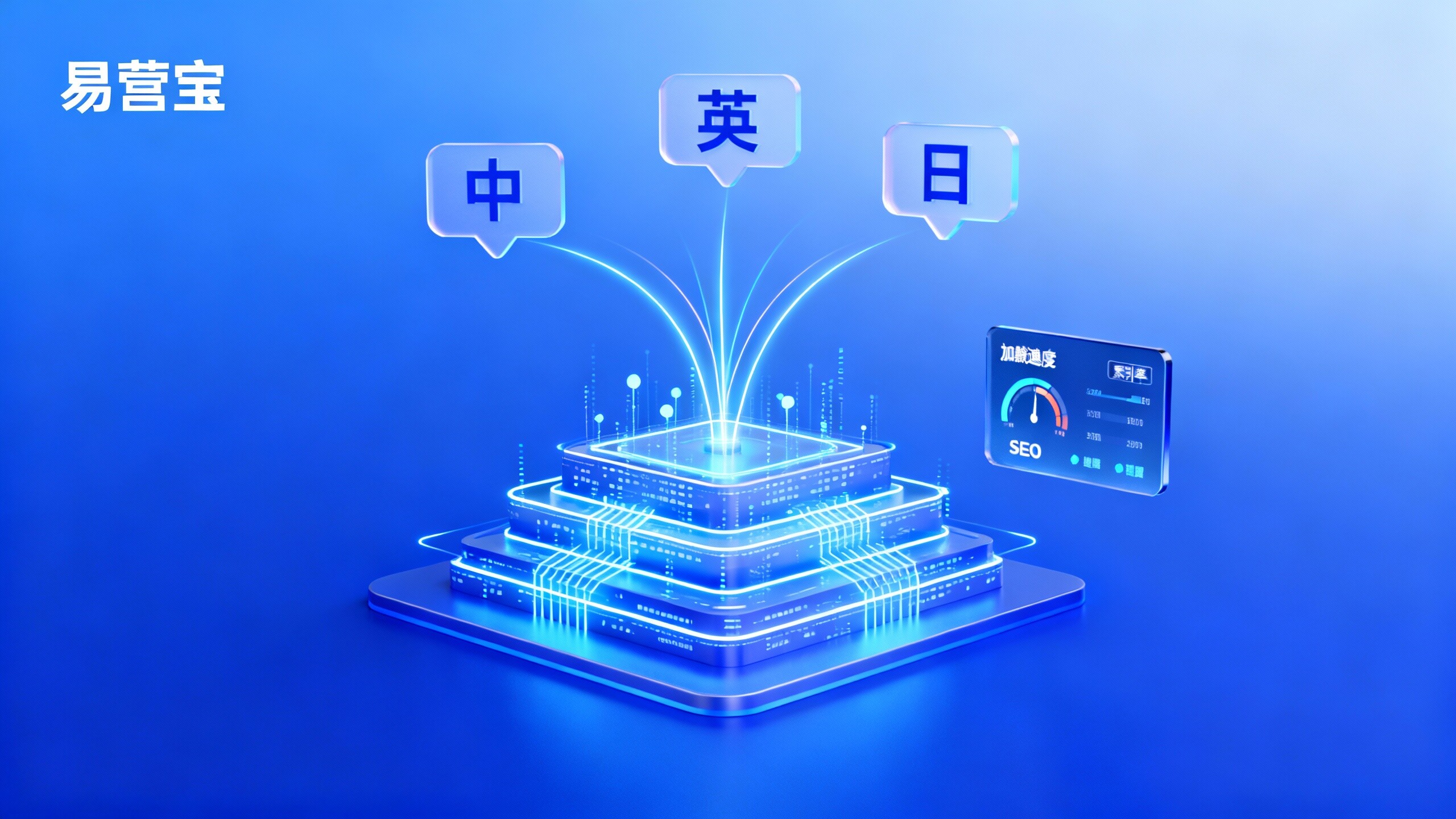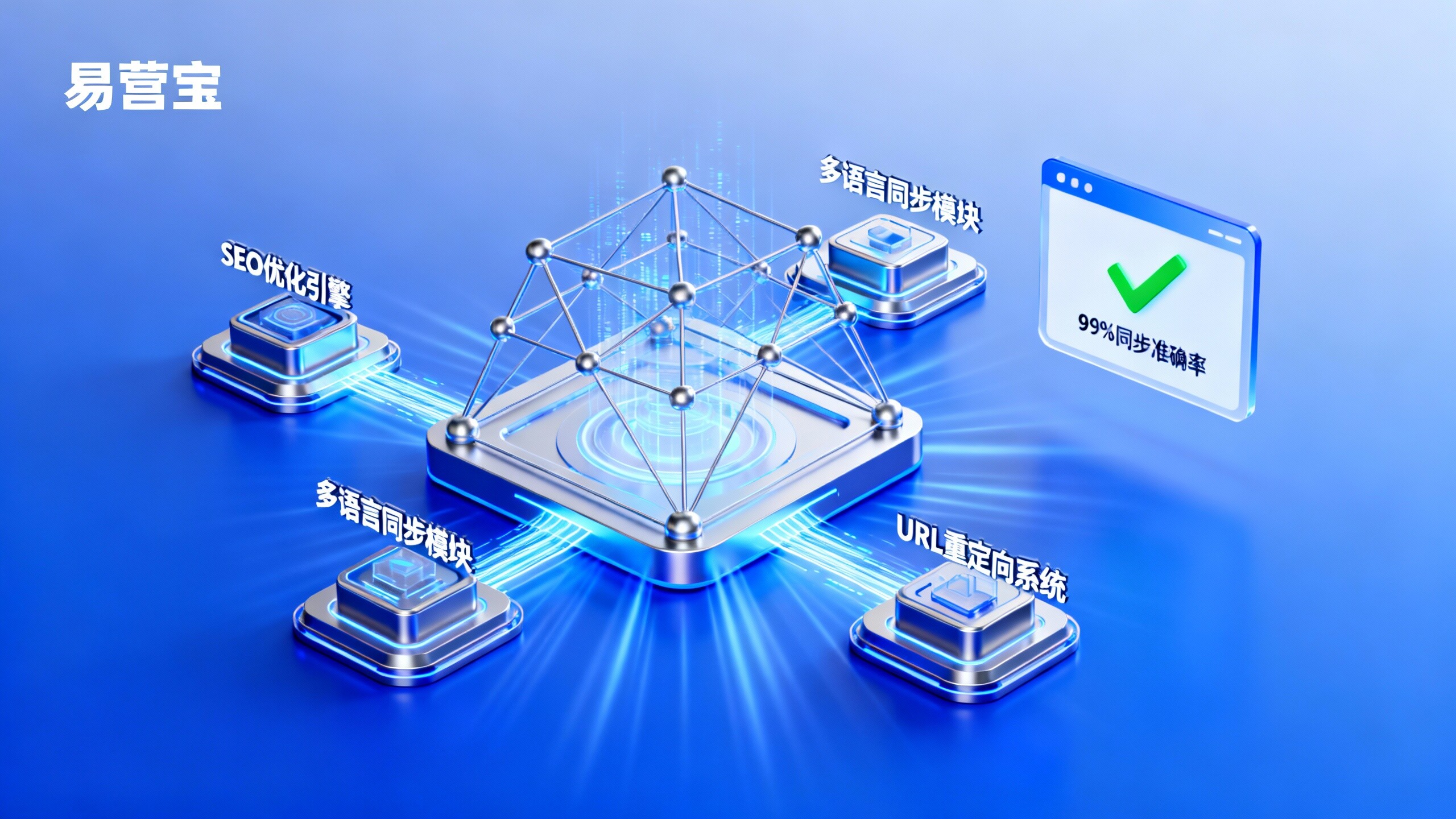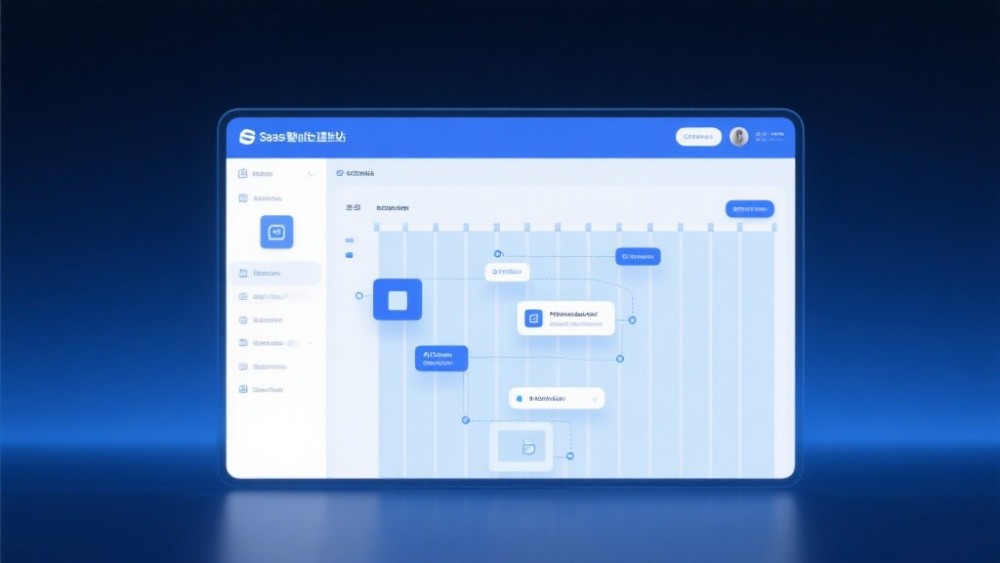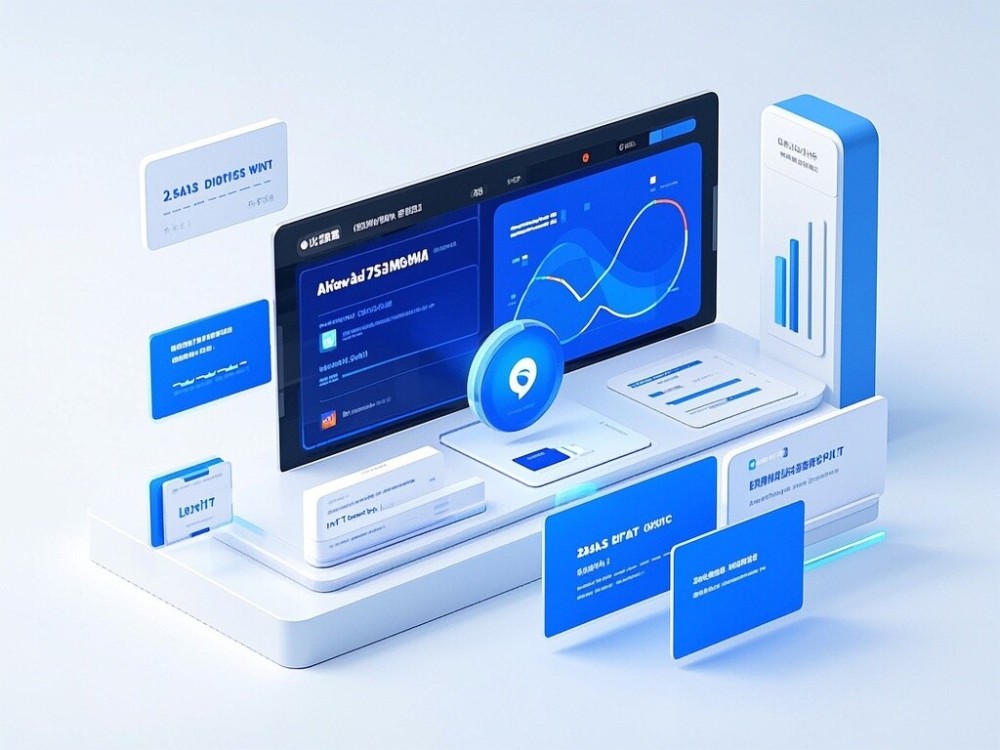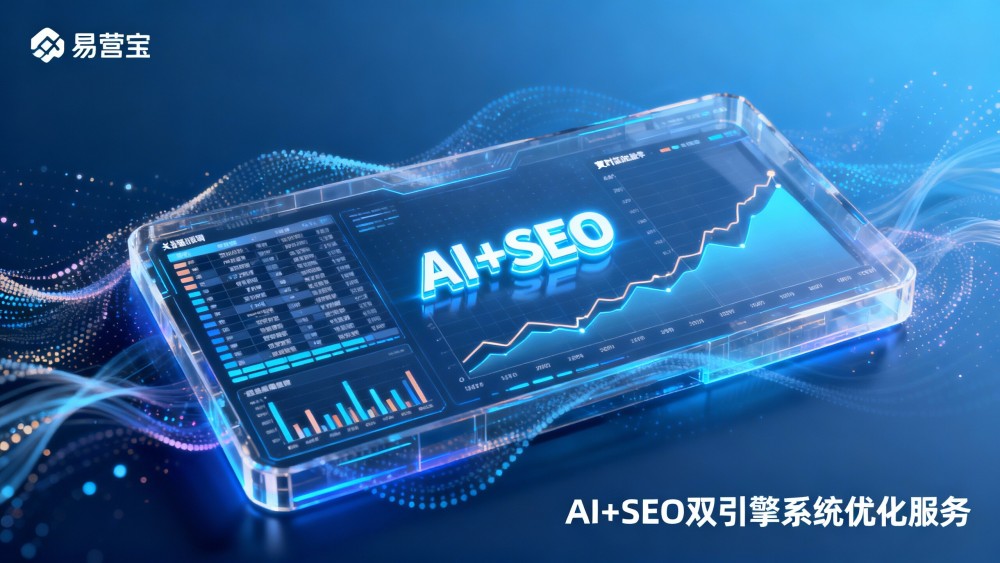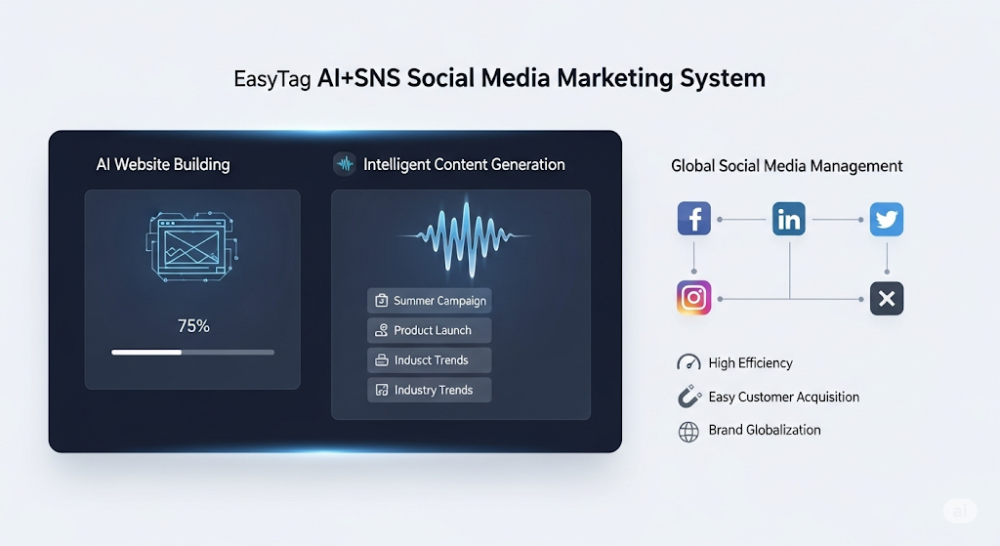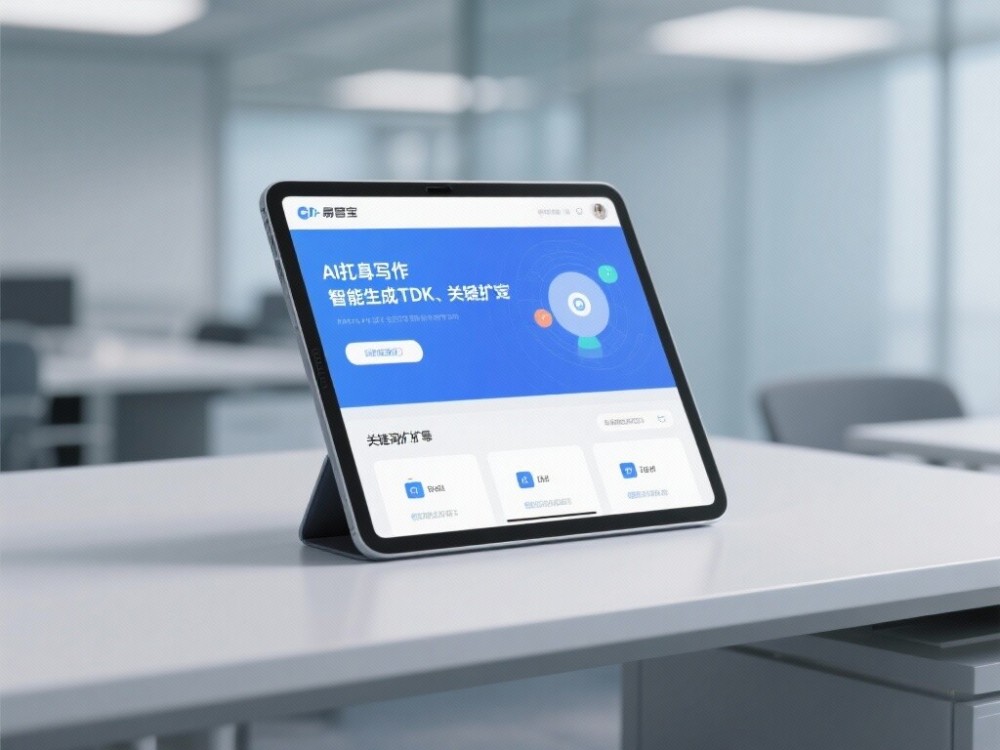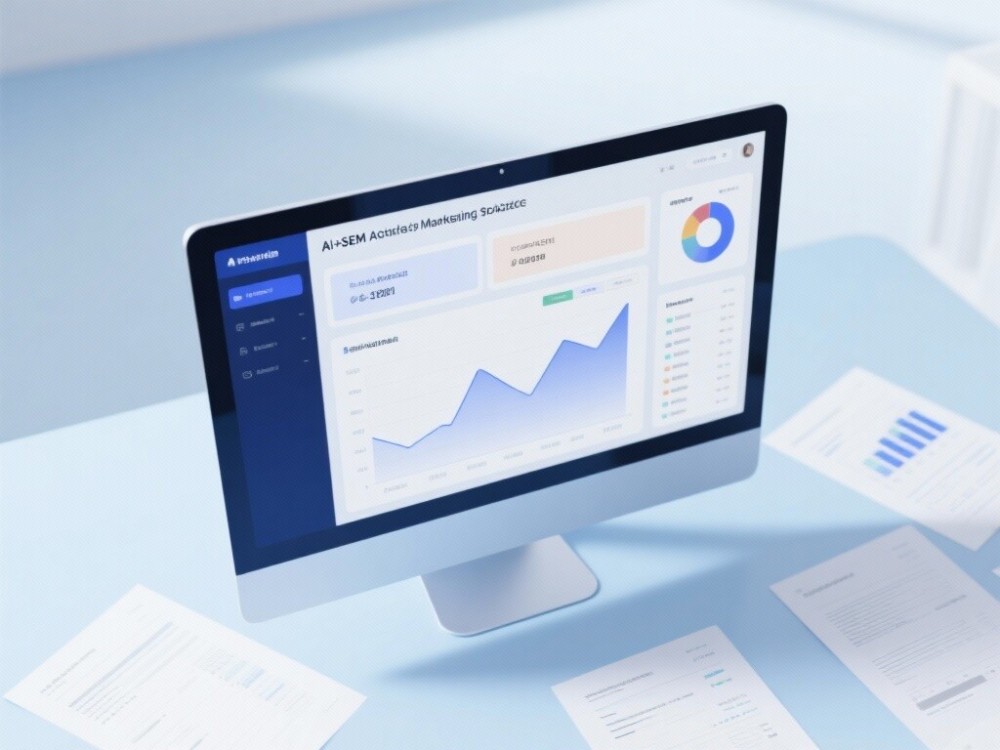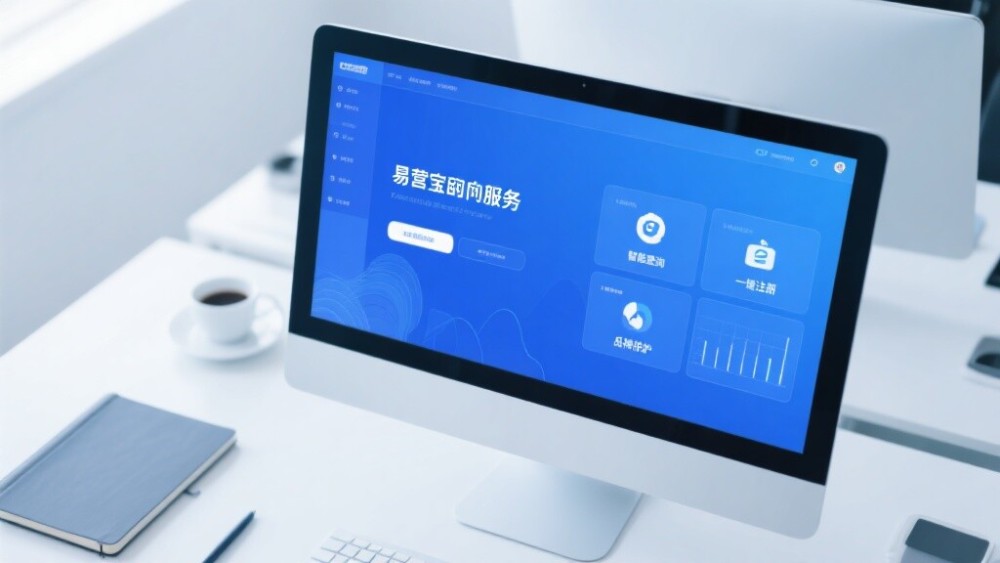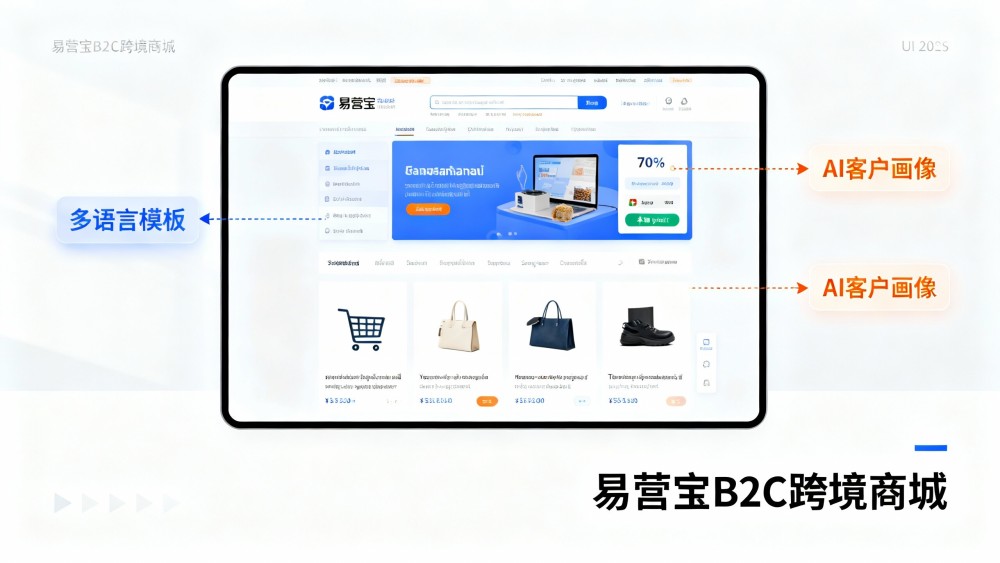- How is EasyStore's intelligent website building, and is it worth adopting in 2026 foreign trade website construction projects?2026-01-25View details
- How is EasyYunbao Smart Website Builder? Is it suitable for startup brands to quickly build Chinese-English-Japanese trilingual websites?2026-01-25View details
- Customer Case: How Manufacturing Enterprises Achieve Online Customer Acquisition Growth with EasyStore AI Intelligent Website Building System2026-01-25View details
- Procurement Guide: How to Evaluate Whether the EasyStore AI Intelligent Website System is Suitable for Your Company Project?2026-01-24View details
- Analysis of the Stability Performance of EasyYunbao AI Intelligent Website Building System in Large-Scale Projects2026-01-25View details
- Which website building service providers are recommended for foreign trade? A list of reliable service providers for 2024 has been released.2026-01-25View details
- How does EasyBiz multilingual marketing system compare to traditional foreign trade standalone site tools?2026-01-23View details
- Which multilingual website service provider is the best? 2025 service provider technology capabilities and price comparison2026-01-23View details
AI Translation Engine Empowers Foreign Trade Independent Websites: Multilingual Operation at Lightning Speed
Introduction
Leveraging the AI translation engine and intelligent website building system for independent foreign trade websites, combined with global CDN acceleration and DDoS protection, you can rapidly achieve multilingual operations and high conversion rates. This article systematically explains how companies can achieve closed-loop growth from website construction to customer acquisition through AI translation, intelligent website building, and security and performance technologies (such as SSL certificates, DDoS protection, and global CDN acceleration) when building and operating independent foreign trade websites. This article provides practical implementation points and procurement recommendations for information researchers, users/operators, and technical evaluators, helping decision makers reduce risk and improve conversion rates in the face of global competition.
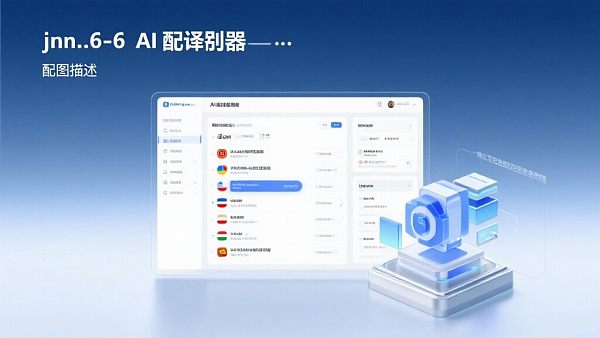
Definition and core competency analysis
Before implementation begins, key concepts must be clarified: the AI translation engine for independent foreign trade sites refers to a translation module that combines NLP with machine translation, an adaptive terminology database, and a contextual optimization mechanism. It can achieve one-click multilingual content output and support continuous learning and localization of industry terminology. The intelligent website building system for independent foreign trade sites integrates functions such as multilingual page management, templated conversion funnels, automatic generation of TDK, and SEO detection, and can simultaneously optimize content, speed, and security. Common security and performance capabilities on the platform side include SSL certificates for independent foreign trade sites for data encryption and HTTPS forced redirects, DDoS defense for independent foreign trade sites to prevent traffic attacks, and global CDN acceleration for independent foreign trade sites to ensure the lowest access latency for users on seven continents. Yiyingbao's self-developed AI algorithm platform combines these capabilities to integrate intelligent translation, AI advertising diagnosis, SEO, and website optimization while ensuring compliance and stability, significantly improving the website's international accessibility and conversion efficiency.
Application scenarios and implementation processes

Typical application scenarios include entering new markets, product launches and promotions, long-term customer acquisition, and cross-border e-commerce and overseas marketing. In practice, the product catalog is first imported through intelligent website construction, and the AI translation engine for the independent website is activated for initial page translation, terminology localization, and SEO keyword development. Subsequently, the independent website's global CDN acceleration and SSL certificate are connected to ensure secure page loading and transmission. The built-in AI advertising diagnostics and ad delivery components for the independent website are then used to optimize Google Ads, Meta advertising agency, and Yandex marketing materials and delivery structures. Teams seeking automated delivery can consider the platform's closed-loop automation capabilities, such as using the AI+SEM advertising investment marketing system to assist with keyword development, automatic creative generation, and delivery strategy recovery, reducing manual intervention and improving delivery efficiency. The entire process balances speed and accuracy, making it suitable for teams that need to quickly trial and error while ensuring compliance and high sales rates.
Technical performance, standards and safety compliance
In terms of technical performance, a global CDN and multi-node server deployment for independent foreign trade websites can increase page loading speeds by approximately 40%, leading to an approximately 35% increase in SEO scores. Specific implementation requires support for HTTP/2 or HTTP/3, TLS 1.2/1.3 protocols, and automated SSL certificate application and renewal processes to ensure full site-wide SSL certificate coverage and SEO-friendliness for independent foreign trade websites. For DDoS defense, a system combining edge cleaning and traffic limiting should be employed, automatically enabling protection strategies when attacked to ensure zero interruption to core business operations. The accuracy of AI translation engines is derived from three aspects: the basic machine translation model, domain self-learning corpus, and manual post-correction mechanisms. The system should support terminology locking and multi-version rollback to ensure regional compliance and brand consistency. For advertising placement and data processing, compliance with international privacy regulations such as GDPR and CCPA is required, with minimal data collection and explainable AI decision paths adopted to enhance the trust of technical assessors and compliance teams.
Comparative Analysis and Buyer's Guide
When selecting a technical solution, common comparison criteria include: translation quality (machine translation + post-proofreading), launch speed, SEO-friendliness (including TDK and URL normalization), security capabilities (SSL, DDoS, WAF), and integration with the advertising ecosystem (Google Ads optimization, Meta advertising agency, Yandex promotion). Traditional manual translation is costly and slow to update, but provides strong control over brand terminology. Pure machine translation is cost-effective and fast, but is prone to errors in terminology and context. Best practice is to use an AI translation engine for initial coverage, followed by spot proofreading by localized editors. When purchasing, focus on four key metrics: SLA (availability and response time), system scalability (multi-language and multi-site support), data security (encryption, backup, and compliance certification), and third-party ecosystem integration capabilities (support for APIs from platforms like Google, Meta, and Yandex). Regarding pricing models, prioritize SaaS billing with on-demand scalability and clear traffic/bandwidth terms to avoid unexpected costs during short-term traffic spikes.
Customer cases and actual results
A real-world customer case study shows that after a manufacturing company launched its independent website for foreign trade and implemented an AI translation engine and intelligent website building system, its international traffic increased by nearly 60% and its conversion rate nearly doubled within three months. This was achieved by first completing multilingual coverage for product pages and activating the independent website's global CDN acceleration and SSL certificate to ensure first-page loading and security. Subsequently, based on the independent website's AI ad diagnostics, the company restructured its Google Ads and meta-ad creatives, reducing invalid click costs and significantly improving conversion rates. The technical team also incorporated DDoS mitigation strategies for the independent website to ensure a trouble-free launch during the promotional period. Another cross-border e-commerce company, after adopting an AI-driven creative factory model, reduced manual effort by over 50% through automated generation of high-CTR advertising slogans and multilingual creatives, while simultaneously increasing its conversion rate by approximately 200%. These cases demonstrate that combining AI translation, intelligent website building, a global CDN, and professional ad diagnostics can create an efficient closed-loop from traffic to conversions, making it particularly suitable for companies rapidly expanding into overseas markets.
Trend Analysis, Common Misunderstandings, and FAQs
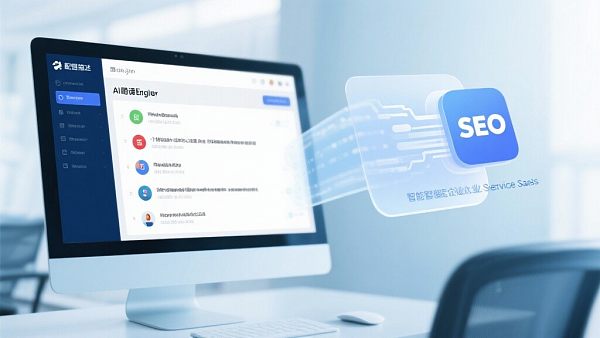
In the next two to three years, the focus of competition among independent foreign trade websites will shift from "multilingualism" to "multilingual accuracy and user experience." AI translation will rely more on domain-specific fine-tuning and multimodal scenario recognition. Common misconceptions include: believing that machine translation can completely replace manual translation (a mistake); ignoring the long-term impact of SSL and CDN on SEO and conversions (a shortsighted approach); and focusing solely on traffic while ignoring consistency between delivery and landing pages (an inefficiency). FAQ section: 1) Is it necessary to purchase a third-party SSL? Platforms generally support automatic SSL issuance, but enterprise certificates can be used for high-compliance scenarios. 2) How does DDoS protection work with CDNs? It is recommended that edge CDNs first throttle traffic and then direct suspicious traffic to scrubbing nodes. 3) Is AI translation SEO-friendly? Assuming URL and meta tag localization is ensured, AI translation combined with automatic TDK generation can significantly improve keyword coverage and indexing efficiency. Finally, for technical evaluators, it is recommended to conduct small-scale A/B testing to measure the actual conversion performance of the AI translation engine for independent foreign trade websites using keywords in specific industries.
Why Choose Us & Contact Us
Since its establishment in 2013, Yiyingbao Information Technology (Beijing) Co., Ltd. has leveraged its AI + Big Data technology platform and global partnership ecosystem to provide comprehensive services covering intelligent website development, SEO optimization, social media marketing, and AI-powered advertising diagnostics. We deploy CDN nodes globally, support automatic SSL and DDoS protection, and integrate our AI translation engine for independent foreign trade websites with our intelligent website building system, helping businesses rapidly trial and error and scale in multilingual markets. If you're interested in a closed-loop solution from website development to customer acquisition, or would like to learn how to automate ad creatives and delivery strategies using our AI + SEM advertising and marketing system , please contact our sales and technical consultants. We will provide a customized solution tailored to your industry and target market, helping you achieve higher conversions and lower customer acquisition costs in international markets.
Function Comparison Table
- Campbell (name)
- free-standing station
- Intelligent website building system
- SEO optimization
- Intelligent website building
- AI translation
- AI translation engine
- Google Ads Optimization
- AI Translation Engine for Independent Foreign Trade Websites
- Foreign trade independent website
- SSL certificate
- Yandex Promotion
- Meta Ads
- social media marketing
- Google Ads
- SEO
- AI+SEM Advertising Intelligent Investment Marketing System
- Global CDN Acceleration
- Global CDN Acceleration for Independent Foreign Trade Websites
- AI Advertising Diagnosis for Independent Foreign Trade Websites
- DDoS defense for foreign trade independent website
- Foreign trade independent site SSL certificate
- Intelligent website building system for foreign trade independent website
Related Articles
![Is the Cost of Building a B2B Website High? Budget Reference for Enterprises of Different Scales Is the Cost of Building a B2B Website High? Budget Reference for Enterprises of Different Scales]() Is the Cost of Building a B2B Website High? Budget Reference for Enterprises of Different Scales
Is the Cost of Building a B2B Website High? Budget Reference for Enterprises of Different Scales![How is EasyYunbao's intelligent website building? Can it meet the standardized SEO structure requirements for multilingual independent sites? How is EasyYunbao's intelligent website building? Can it meet the standardized SEO structure requirements for multilingual independent sites?]() How is EasyYunbao's intelligent website building? Can it meet the standardized SEO structure requirements for multilingual independent sites?
How is EasyYunbao's intelligent website building? Can it meet the standardized SEO structure requirements for multilingual independent sites?![Which smart website building system is better? Can SEO weight loss and content synchronization errors be avoided when reconstructing multilingual architecture? Which smart website building system is better? Can SEO weight loss and content synchronization errors be avoided when reconstructing multilingual architecture?]() Which smart website building system is better? Can SEO weight loss and content synchronization errors be avoided when reconstructing multilingual architecture?
Which smart website building system is better? Can SEO weight loss and content synchronization errors be avoided when reconstructing multilingual architecture?
Related Products

